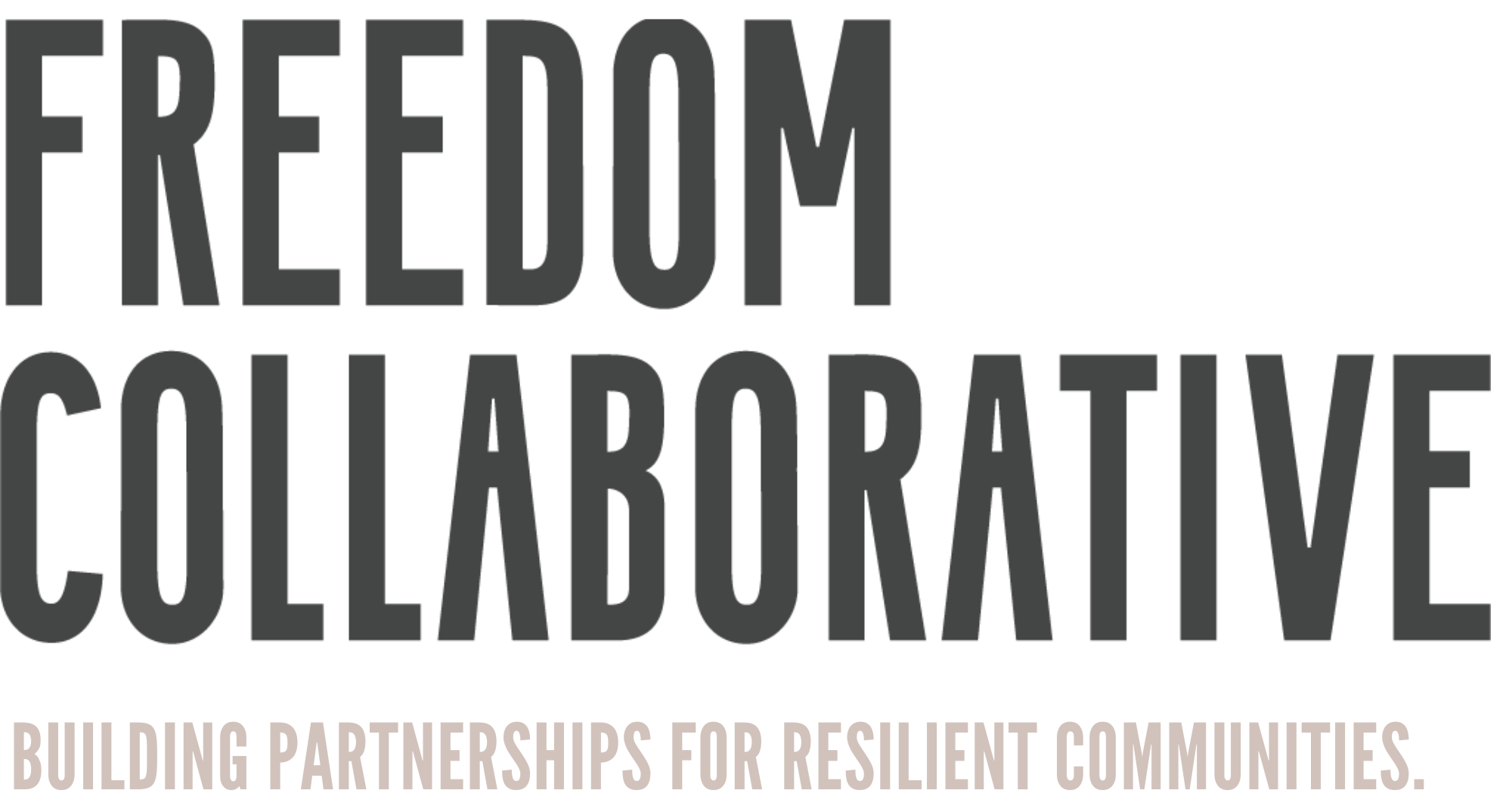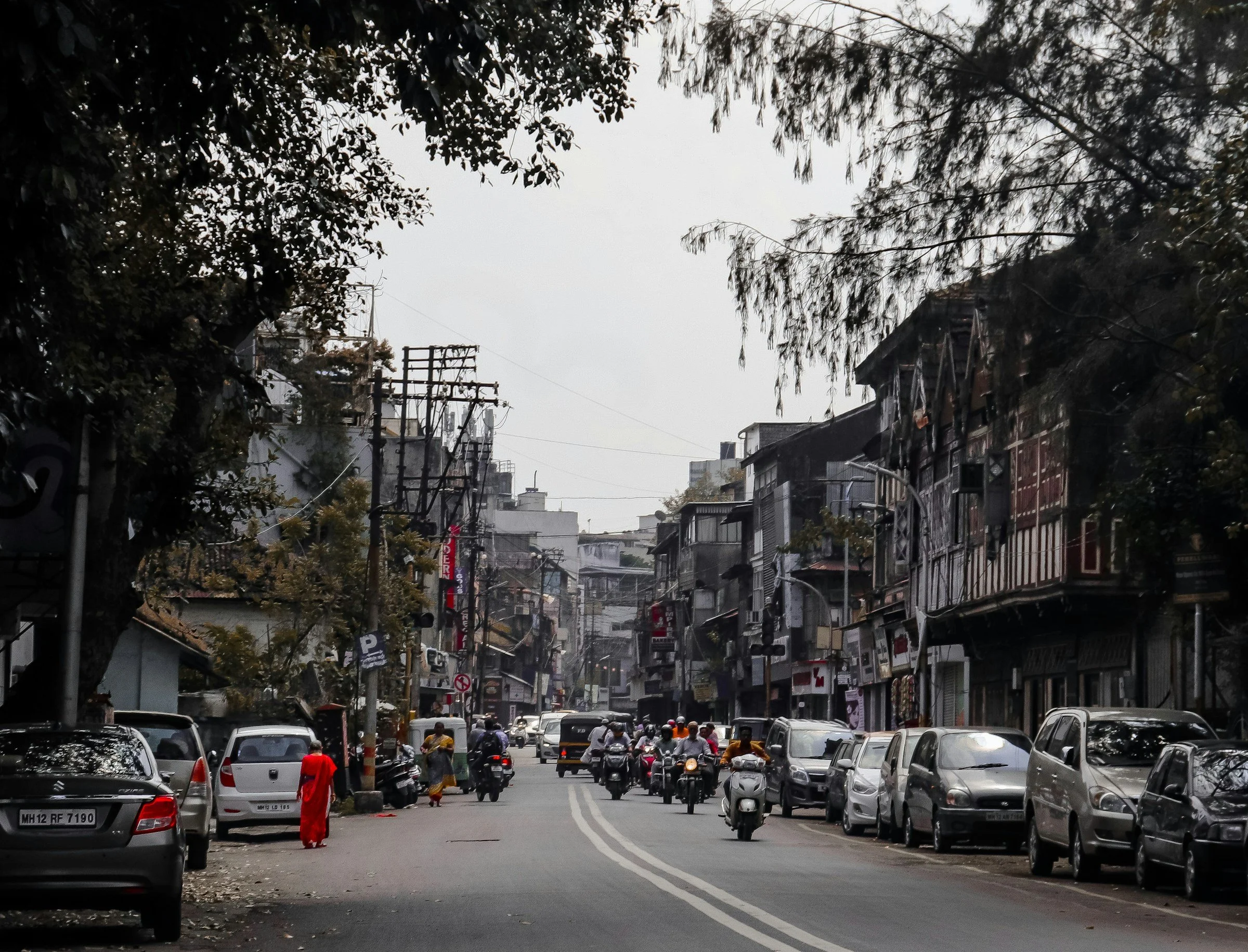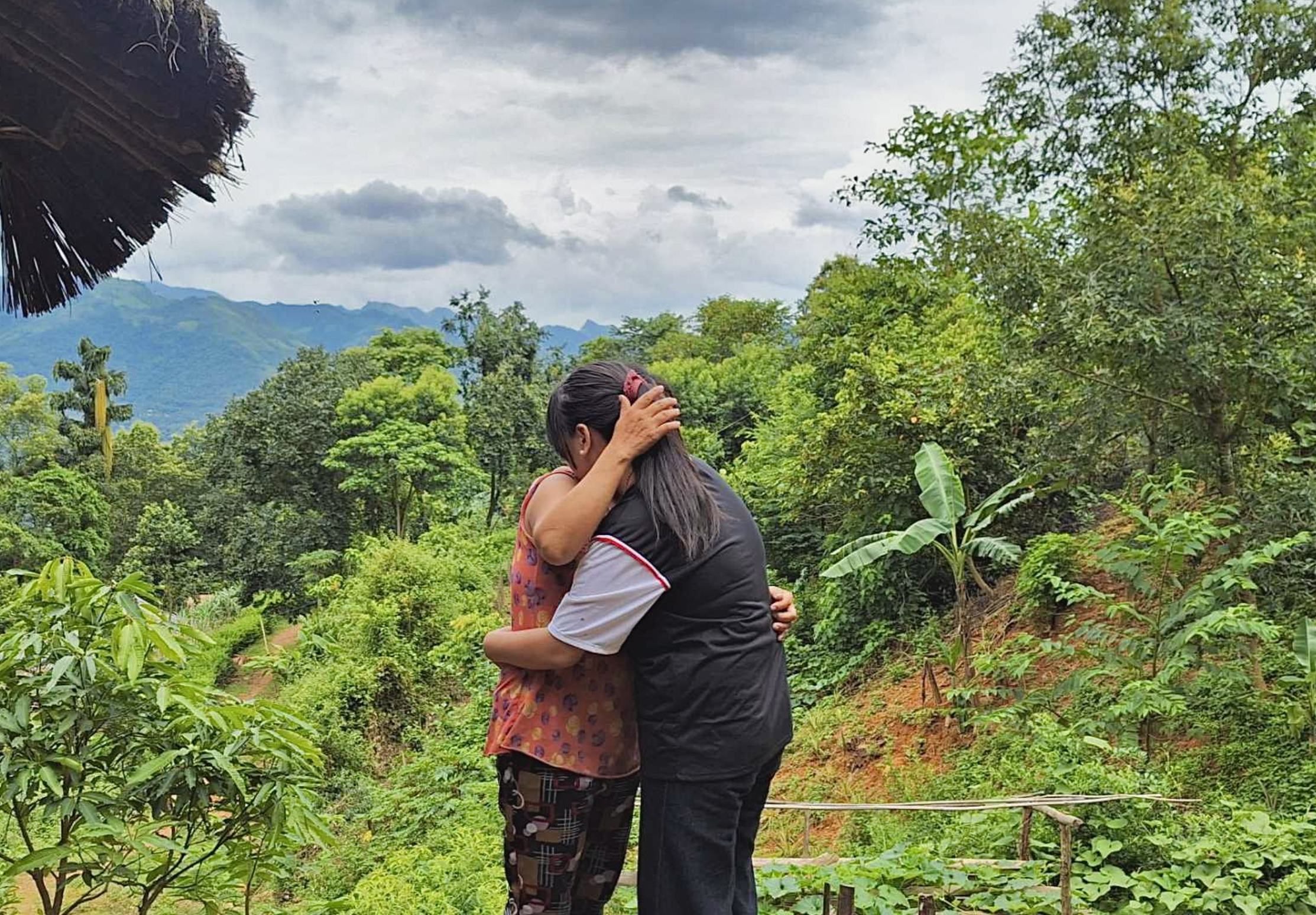Opaque recruitment practices contribute to exploitation risk for Filipino workers migrating to Europe
Verite published an assessment of labor risks for Filipino migrant workers in in Europe, FLEX's new publication outlines key learnings from their work using Feminist Participatory Action Research (FPAR), and a new policy brief focuses on addressing racism in global migration governance and policy.
(c) FLEX
Welcome to the March edition of Freedom Collaborative’s Europe newsletter.
Verité conducted an assessment of labor risks for Filipino migrant workers in several target sectors and host countries in Europe, with a specific emphasis on risks that arise from the recruitment and hiring process; as well as risks during employment or while being deployed in Europe. The following study is intended to provide relevant stakeholders with insight into how these risks play out in practice and what underlying systemic factors and policies contribute to risk.
A new publication outlines key learnings and recommendations from FLEX’s work using Feminist Participatory Action Research (FPAR) as part of a three-year research project that seeks to understand experiences and drivers of labour abuse and exploitation in three understudied low-paid sectors of the economy: cleaning, hospitality and app-based deliveries. It documents what we have learnt about using this approach and provides a sounding board for those interested in or already applying FPAR in their own work, drawing on project observations, insights from academic literature, conversations with stakeholders and, primarily, the perspectives of workers themselves.
A new policy brief for civil society focuses on the need to address race in migration more directly and to deepen and focus our joint global policy advocacy on race and discrimination, in partnership with States and other stakeholders. It proposes some avenues for immediate and longer-term action and calls upon all stakeholders to initiate a further joint reflection.
We always welcome contributions or updates to include in this monthly round-up. Please keep sharing your news via our Facebook group or by email. We appreciate all your support and are happy to work with you.
Assessing Labor Risk for Workers Migrating from the Philippines to Europe
In June 2020, Porticus commissioned Verité to perform an analysis of labor risks for workers from the Philippines employed in Europe. The goal of this report is to provide Porticus, CSO partners, and relevant stakeholders with comprehensive information on key labor risks for workers migrating from the Philippines to Europe, with an emphasis on risks that arise from the recruitment and hiring process, in order to inform effective stakeholder engagement strategies to address labor exploitation.
Two common root cause factors were found to be associated with much of the labor risk that Filipino migrant workers face. The first is the use of unlicensed or unauthorized agents during the recruitment process. In these cases, a Philippine agent or agency (or an agency based in a transit country) will recruit prospective workers locally and then make arrangements with an agency in the destination country, but is operating outside the oversight of the responsible governmental body – the Philippines Overseas Employment Agency (POEA). This leaves workers particularly vulnerable to paying excessive fees in order to obtain employment.
Even in instances where an agency is licensed through the POEA, prospective Filipino migrant workers are still at risk of paying illegal fees through the practices of unscrupulous employment agencies, despite regulations that prohibit agencies from charging Filipino workers placement fees and other recruitment-related expenses in excess of one month’s salary. Required statutory fees associated with the formal employment process, such as documentation processing fees or the costs of medical examinations, can also add to workers’ debt.
Another cross-cutting practice that affects workers in nearly all sectors, but is particularly relevant to domestic work, is the bypassing of formal migration and employment channels altogether. In these cases, workers typically hear about employment opportunities via word of mouth within their extended social networks. Lacking a formal employment offer prior to migration, they then travel to Europe under various visa schemes intended for other purposes, such as tourist, student, au pair, or transit visas. The use of these visas outside of their original purposes can leave a worker without legal documentation, which obstructs their access to protections afforded to documented migrant workers in the destination country.
Despite the risks of undocumented or informal migration, this practice persists due to the numerous barriers for legal entry and stay in European countries, such as caps on the number of foreign workers allowed per country and legal frameworks in European countries which limit the ability of foreign workers to change employers.
The full report can be found here.
Experts by Experience: Conducting Feminist Participatory Action Research with Workers in High-Risk Sectors
A new guide by FLEX to researching labour exploitation has grown out of a three-year research project that seeks to address the knowledge gap concerning experiences and drivers of labour abuse and exploitation in three understudied low-paid sectors of the economy: cleaning, hospitality and app-based courier work in the gig economy.
The new publication outlines key learnings and recommendations from FLEX’s work using Feminist Participatory Action Research (FPAR) and documents what they have learned about using this approach and provides a sounding board for those interested in or already applying FPAR in their own work, drawing on project observations, insights from academic literature, conversations with stakeholders and, primarily, the perspectives of workers themselves.
Participatory Action Research (PAR) is a research approach where the experience, knowledge and perspectives of the group or community being researched are not just acknowledged but form the foundation of the research.
The two core principles of PAR are that it is community-led and that it aims to empower those most affected by an issue to generate knowledge that can bring about social change. What makes PAR distinct from other participatory research approaches, such as community research, is the ‘action’ element – a primary focus on collectively improving a situation or advocating for change, as opposed to only involving communities in the production of knowledge. It entails working in partnership and participation is essential at all stages of the research process – design, data collection, analysis and research-based action.
The report includes ten tips for doing participatory research with workers in high-risk sectors.
More news from across Europe:
March 21 marks the International Day for the Elimination of Racial Discrimination. In observance of this important day, the Civil Society Action Committee released a new policy brief on Addressing Racism in Global Migration Governance and Policy, including some suggested ways forward.
A new report - also by FLEX - has highlighted the 'serious risks' of human trafficking though the government's Seasonal Workers Pilot (SWP), which was set up to address farm labour concerns. The report provides unique independent evidence of worker experiences on the Seasonal Workers Pilot (SWP), a temporary labour migration programme that seeks to respond to concerns about labour shortages in agriculture, particularly following the end of free movement.
The UN network has launched a new Migration Network Hub, a collection of resources on the implementation of the Global Compact for Safe, Orderly and Regular Migration.
A new report from the Council of Europe’s Group of Experts on Action against Trafficking in Human Beings (GRETA) urges Denmark to improve the identification and protection of victims of trafficking, and to ensure that human trafficking offenses are investigated, prosecuted and lead to effective, proportionate and dissuasive sanctions.
A coalition of international sex worker unions and the gay rights organisations have come out in support of the decriminalisation of sex work in Malta. The organisations said that policies that criminalise sex workers, migrants and their work or organisations supporting them, lead to more, not less, violence and exploitation.
A webinar presenting recent case-law of the European Court of Human Rights related to trafficking in human beings took place on 15 March 2021. It was organised by the Council of Europe Anti-Trafficking Division for the network of lawyers and NGOs specialised in providing legal assistance to victims of human trafficking, first set up by the Council of Europe in 2016.
The Greek island of Lesbos has become a symbol of Europe's failed refugee policies. European ideals are falling by the wayside in the refugee camps, but there are few alternatives elsewhere.
Share your news
Post your experiences from the field and initiatives to feature





